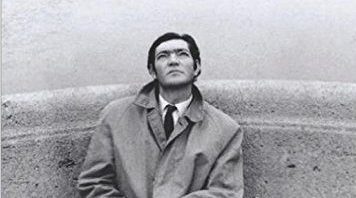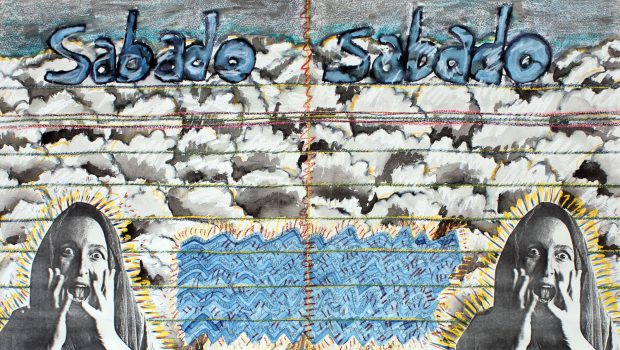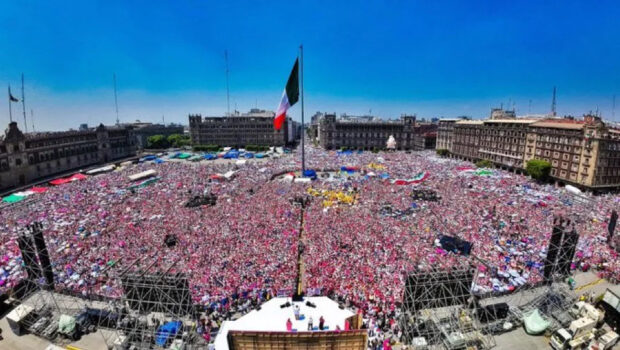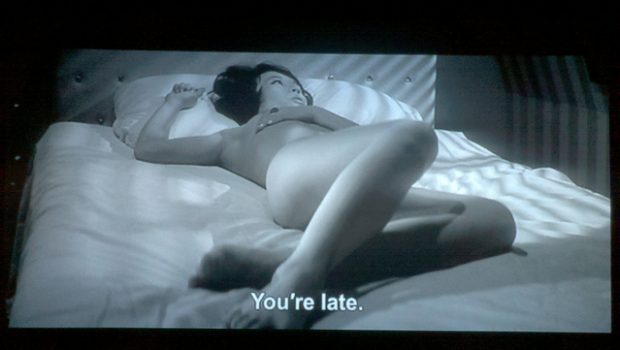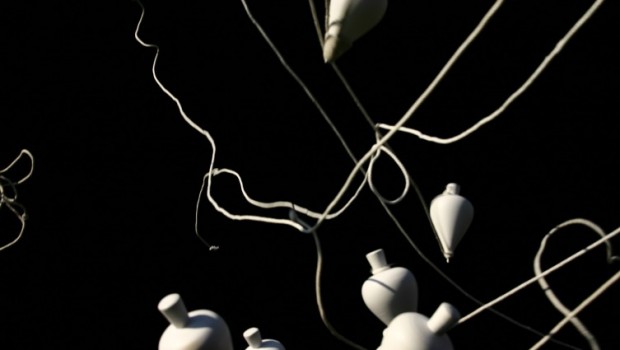Two Poems by Julio Cortázar
Poemas de Julio Cortázar
Julio Cortázar
And I know full well you won’t be there.
You won’t be in the street, in the hum that buzzes
from the arc lamps at night, nor in the gesture
of selecting from the menu, nor in the smile
that lightens people packed into the subway,
nor in the borrowed books, nor in the see-you-tomorrow.You won’t be in my dreams,
in my words’ first destination,
nor will you be in a telephone number
or in the color of a pair of gloves or a blouse.
I’ll get angry, love, without it being on account of you,
and I’ll buy chocolates but not for you,
I’ll stop at the corner you’ll never come to,
and I’ll say the words that are said
and I’ll eat the things that are eaten
and I’ll dream the dreams that are dreamed
and I know full well you won’t be there,
nor here inside, in the prison where I still hold you,
nor there outside, in this river of streets and bridges.
You won’t be there at all, you won’t even be a memory,
and when I think of you I’ll be thinking a thought
that’s obscurely trying to recall you.
I know them, those horrible women, the knitters wrapped in fuzz,
in colors that grow from the hands of the yarn
into the trembling curd that moves under the network of eager fingers.
Daughters of the siesta, pale slugs hidden from the sun,
in any courtyard with clay pots their poison spreads, and their patience,
on twilight terraces, on neighborhood sidewalks,
in spaces polluted with car horns and radio moans,
in every hollow where time is turned into a pullover.
Knit, green woman, damp woman, knit, knit,
pile up that perishable stuff in the lap of the skirt your children sprang from,
that slow way of life, that oil of offices and universities,
that Sunday afternoon passion in the grandstands.
I know they knit at night, at secret times, they get out of bed
and knit in silence, in darkness; I’ve stayed in hotels
where every dark room was a knitter, a gray
or white sleeve slipping out under the door; and they knit in banks,
they knit in bathrooms behind misty windows, and
in cold beds they knit with their backs to their snoring husbands.
They knit oblivion, stupidity and tears,
they knit, night and day they knit the inner clothes, they knit the bag where the heart is mothered,
they knit red bells and purple gloves to wrap around our knees,
and our voice is the ball of yarn for your knitted web, spider love, and this weariness
covers us, dresses the soul in a knit-purl-knit Santa Clara chain stitch,
death is a colorless web and you’re knitting it for us.
Here they come, they’re coming—monsters with soft names, knitters,
hardworking women of the nation’s homes, office workers, kept
blondes, pale young nuns. Sailors knit,
sick old ladies hidden behind screens knit for their insomnia,
huge frayed fringes of knitting fly out of skyscrapers, the city
is tangled in yarn like strands of green and violet vomit.
Now they’re here, now they’re getting up without a word,
only their hands where gleaming needles flash,
and they have hands in their faces, hands coming out of their breasts, they’re
centipedes they’re centihands knitting in an insufferable silence
of tangos and speeches.
Copyright © 1984 by Julio Cortázar, and the Heirs of Julio Cortázar
Y sé muy bien que no estarás.
No estarás en la calle, en el murmullo que brota de noche
de los postes de alumbrado, ni en el gesto
de elegir el menú, ni en la sonrisa
que alivia los completos en los subtes,
ni en los libros prestados ni en el hasta mañana.
No estarás en mis sueños,
en el destino original de mis palabras,
ni en una cifra telefónica estarás
o en el color de un par de guantes o una blusa.
Me enojaré, amor mío, sin que sea por ti,
y compraré bombones pero no para ti,
me pararé en la esquina a la que no vendrás,
y diré las palabras que se dicen
y comeré las cosas que se comen
y soñaré los sueños que se sueñan
y sé muy bien que no estarás,
ni aquí adentro, la cárcel donde aún te retengo,
ni allí fuera, este río de calles y de puentes.
No estarás para nada, no serás ni recuerdo,
y cuando piense en ti pensaré un pensamiento
que oscuramente trata de acordarse de ti.
LAS TEJEDORAS
Las conozco, las horribles, las tejedoras envueltas en pelusas,
en colores que crecen de las manos del hilo
al cuajo tembloroso moviéndose en la red de dedos ávidos.
Hijas de la siesta, pálidas babosas escondidas del sol,
en cada patio con tinajas crece su veneno y su paciencia,
en las terrazas al anochecer, en las veredas de los barrios,
en el espacio sucio de bocinas y lamentos de la radio,
en cada hueco donde el tiempo sea un pulóver.
Teje, mujer verde, mujer húmeda, teje, teje,
amontona materias putrescibles sobre tu falda de donde brotaron tus hijos,
esa lenta manera de vida, ese aceite de oficinas y universidades,
esa pasión de domingo a la tarde en las tribunas.
Sé que tejen de noche, a horas secretas, se levantan del sueño
y tejen en silencio, en la tiniebla; he parado en hoteles
donde cada pieza a oscuras era una tejedora, una manga
gris o blanca saliendo debajo de la puerta; y tejen en los bancos,
detrás de los cristales empañados, en las letrinas tejen, y
en los fríos lechos matrimoniales tejen de espaldas al ronquido.
Tejen olvido, estupidez y lágrimas,
tejen, de día y noche tejen la ropa interna, tejen la bolsa donde se ahoga el corazón,
tejen campanas rojas y mitones violeta para envolernos las rodillas,
y nuestra voz es el ovillo para tu tejido, araña amor, y este canscancio
nos cubre, arropa el alma con punto cruz punto cadena Santa Clara,
la muerte es un tejido sin color y nos lo estás tejiendo.
¡Ahí vienen, vienen! Monstruos de nombre blando, tejedoras,
hacendosas mujeres de los hogares nacionales, oficinistas, rubias
mantenidas, pálidas novicias. Los marineros tejen,
las enfermas envueltas en biombos tejen para el insomnio,
del rascacielo bajan flecos enormes de tejidos, la ciudad
está envuelta en lanas como vómitos verdes y violeta.
Ya están aquí, ya se levantan sin hablar,
solamente las manos donde agujas brillantes van y vienen,
y tienen manos en la cara, en cada seno tienen manos, son
ciempiés son cienmanos tejiendo en un silencio insoportable
de tangos y discursos.


